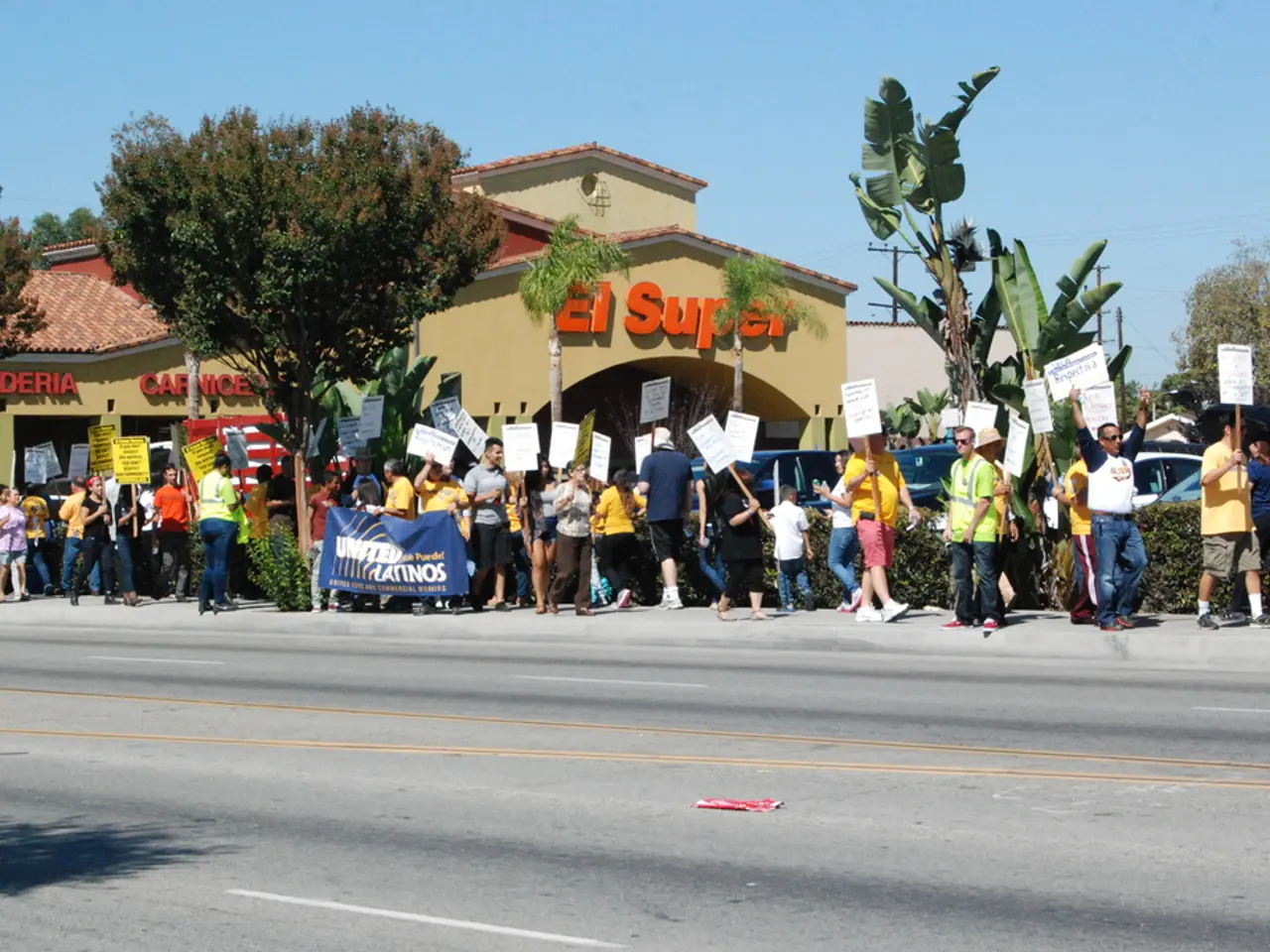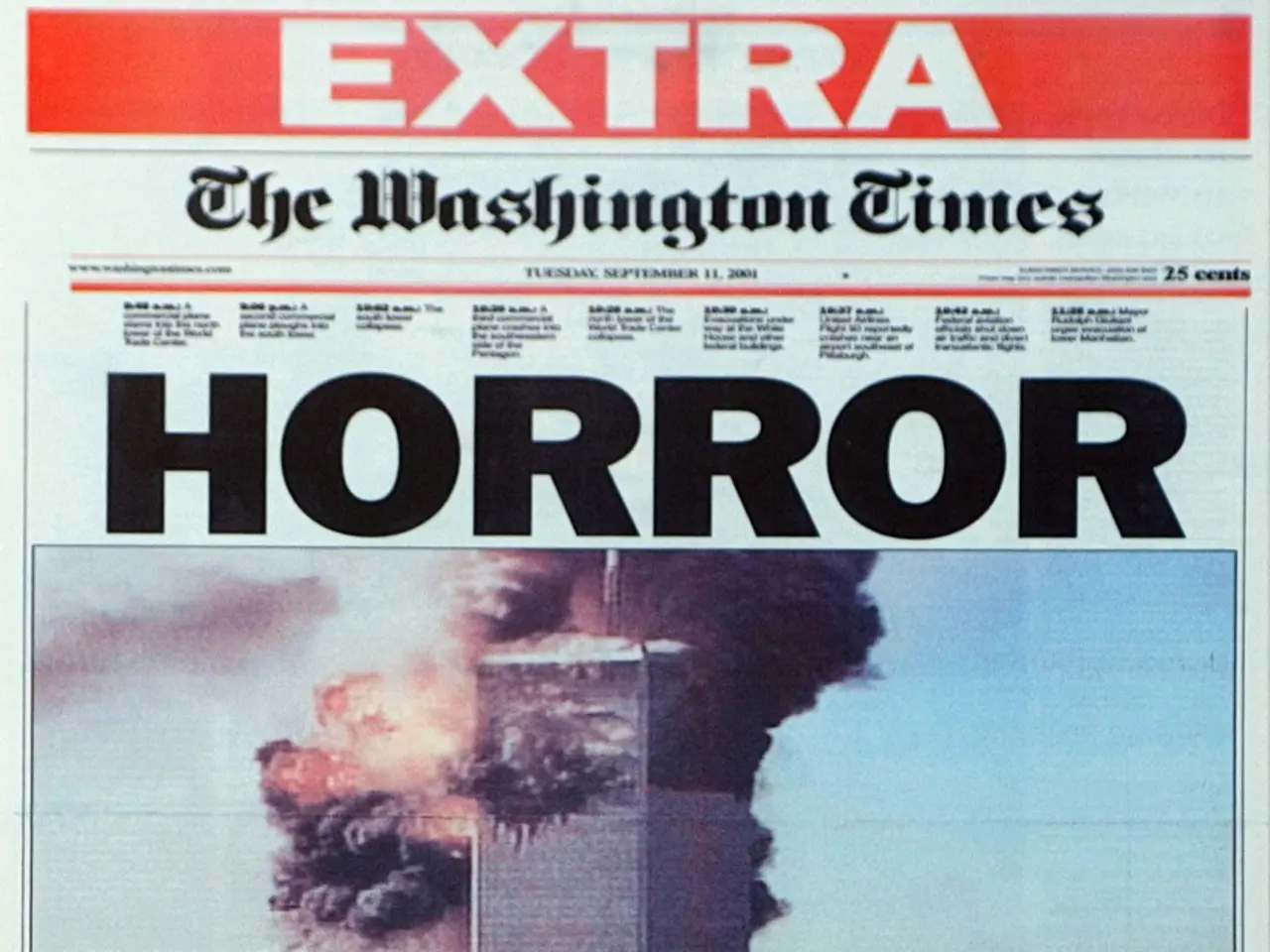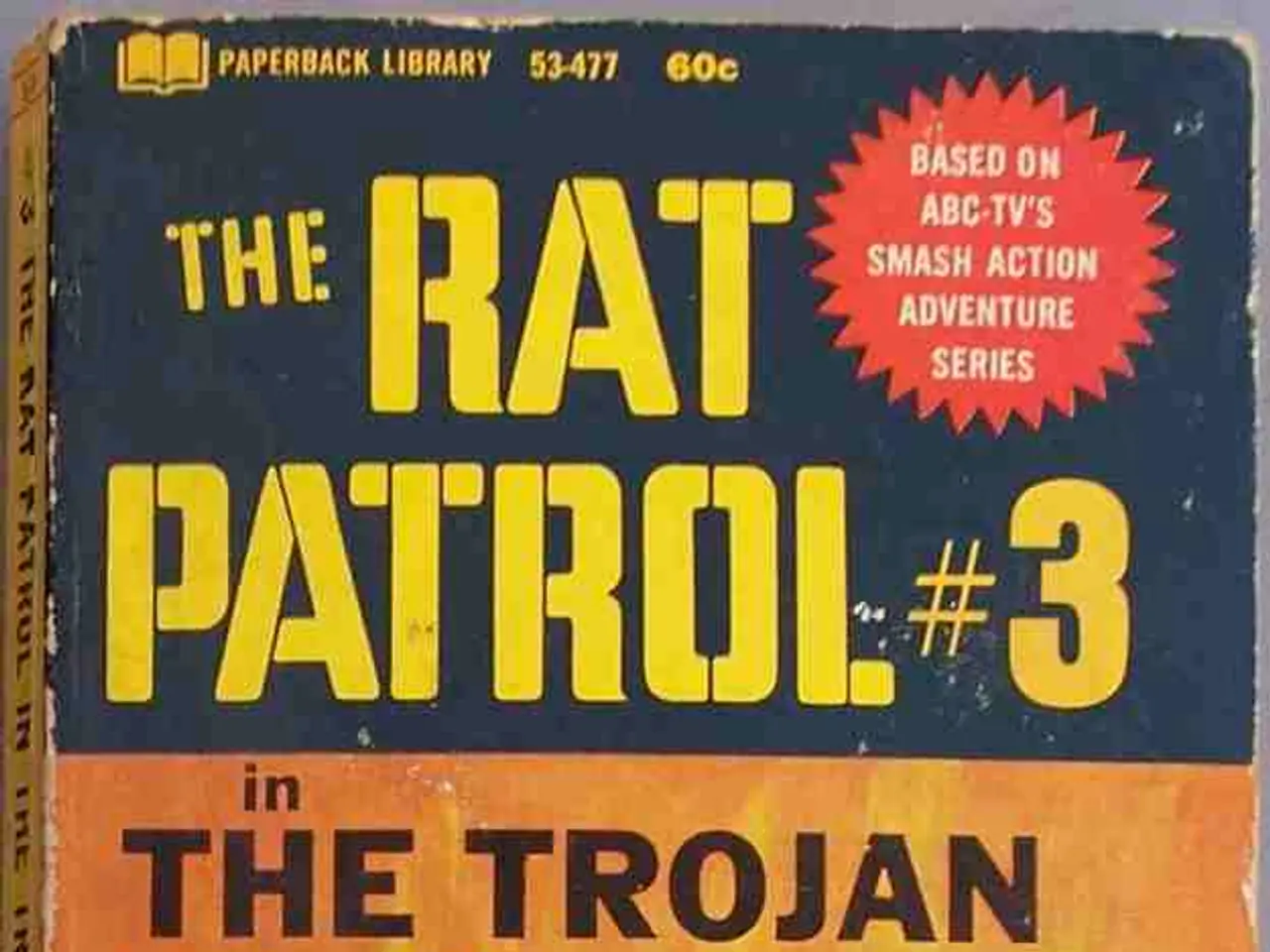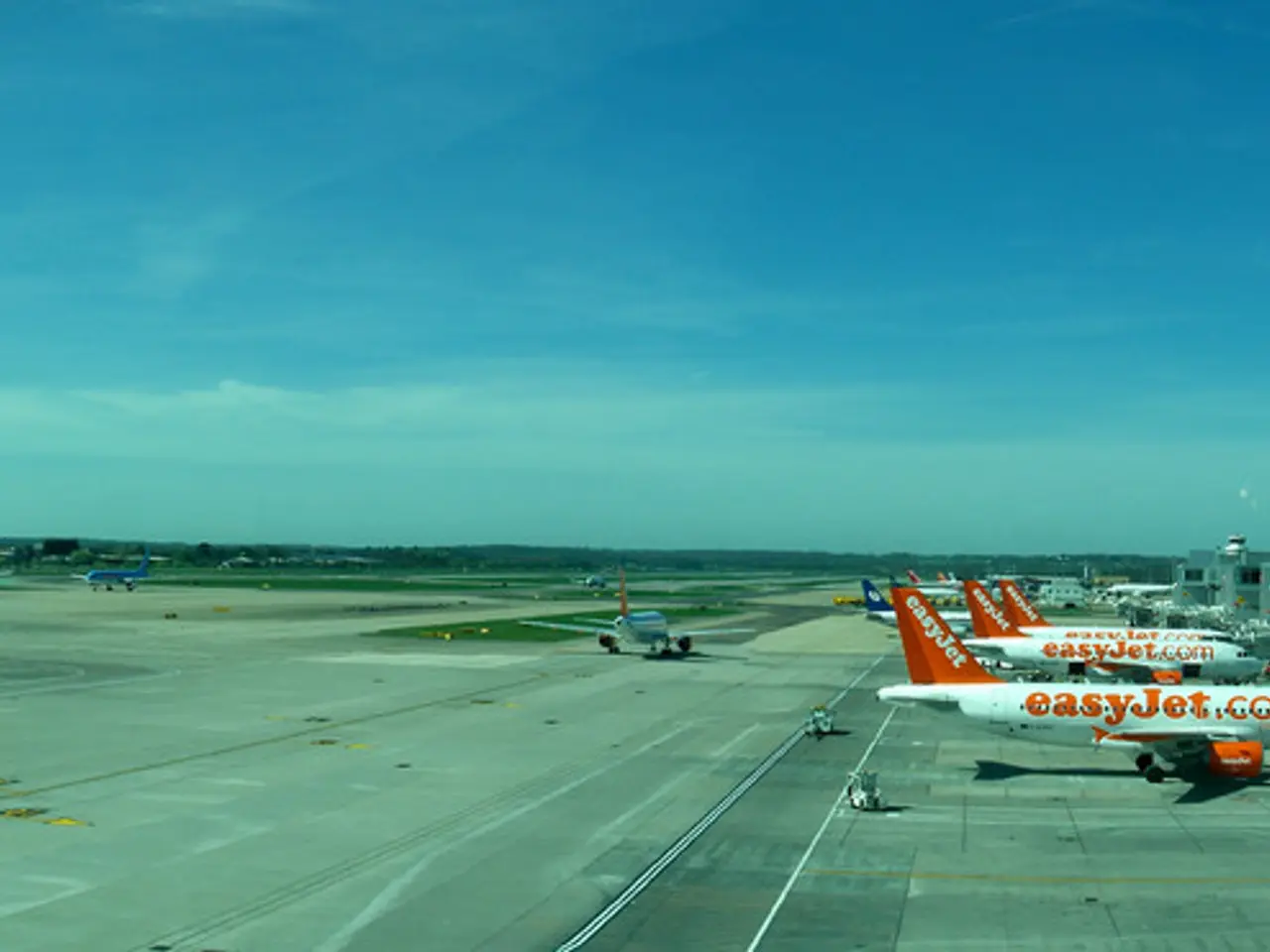Israel's Offensive Against Iran: A Tactical Gambit with Far-Reaching Implications
Tension or resolution? Unclear after Iran-Israel confrontation
Israel's military operation, codenamed "Rising Lion," aims to disable Iran's nuclear program and ballistic missile capabilities, potentially stretching beyond decapitating the Iranian leadership and altering the regional landscape.
The Israeli government has hinted at not ruling out the assassination of Ayatollah Ali Khamenei, although it's been reported that President Donald Trump has vetoed such an action. The Israeli intelligence service is known for its penetration of Iran, and they've already eliminated several key figures, such as the head of the Revolutionary Guards and armed forces.
Sanam Vakil, director of the Middle East and North Africa program at the London-based Chatham House think tank, describes the current situation as an "existential crisis" for the Islamic republic. She foresees a possible unraveling of the regime over time due to the Israeli action, as the Israeli actions could serve as an accelerant for change already happening within Iran.
Jeffrey Lewis, director of the East Asia Non-proliferation Program at the Middlebury Institute of International Studies, believes Israel's military operation is less about eliminating the nuclear program and more about orchestrating regime change. He views a successful regime change as a significant victory for Israel, given the operation's underlying goals.
However, concerns of further escalation and potential intensification of the conflict persist among analysts. Even if a new leader emerges, the possibility exists that this individual could be even more hardline, posing a greater danger to Israel. Analysts at the US-based think tank Soufan Center, for instance, warn of Iran employing grey-zone activities such as cyberattacks to retaliate.
The benefit of diplomacy as a resolution to the crisis remains with the United States and Trump, who has so far resisted Israeli pressure. David Khalfa, co-founder of the Atlantic Middle East Forum think tank, suggests that Trump may eventually be drawn into the conflict to force Iran towards negotiations, but in a weakened position.
Yet, achieving Israel's ultimate goal of permanently dismantling Iran's nuclear program looks precarious. Ali Vaez, Iran analyst at the International Crisis Group, argues that Iran would be tough to wipe out, even in a prolonged conflict. He maintains that a diplomatic settlement represents the best and most sustainable solution for both parties to avoid a nuclear-armed Iran and a protracted military entanglement.
Regardless of the outcome, the current conflict marks a significant shift in the regional power dynamics, thrusting Israel and Iran further into a precarious and unpredictable geopolitical standoff.
Enrichment Data:
- Israel's military operation against Iran's nuclear program targets both the physical infrastructure of the program and key leaders, including Ayatollah Ali Khamenei.
- Historical precedents suggest that Israeli operations have had varying results, with Iraq doubling down on its nuclear ambitions post-strike, whereas Syria paused its pursuit for a while. Therefore, it's unlikely Israel will eliminate Iran's nuclear program permanently in a single conflict.
- The Israeli strikes might push Iran to redouble efforts to achieve a nuclear weapons capability as a defensive measure against existential threats.
- The potential escalation of conflict and regional instability can exacerbate tensions across neighboring countries like Gaza, Lebanon, Syria, and Iraq, with the possibility of intensifying proxy conflicts and worsening the regional humanitarian situation.
- Neighboring Gulf countries face varying degrees of impact based on their export routes and dependencies, possibly including potential disruptions to oil transit through the Strait of Hormuz and increased insurance and shipping costs in global energy markets.
- Sustained military pressure combined with internal dissent or economic factors could contribute to regime instability in Iran, but the overall prospect of regime change remains uncertain.
- Miscalculation or escalation leading to a broader war involving other regional actors and possibly global powers increases, presenting a significant challenge in managing and containing the conflict.
- The continued conflict may place pressure on Israel's domestic situation and credit markets due to increased geopolitical risk, potential public finance deterioration, and the economic burden of military engagement.
- The Israeli military operation, "Rising Lion," is not only targeting Iran's physical nuclear infrastructure but also key leaders, such as Ayatollah Ali Khamenei, stirring up concerns about a potential alteration of the regional landscape in the Middle East.
- The United States, particularly President Donald Trump, holds the benefit of diplomacy as a resolution to the Israel-Iran crisis, with the possibility that Trump may be drawn into the conflict to facilitate negotiations in a weakened position.
- The consequences of the conflict could impact neighboring countries, such as Gaza, Lebanon, Syria, and Iraq, creating tensions, intensifying proxy conflicts, and worsening the regional humanitarian crisis.
- Iran may respond to the strikes by redoubling efforts to achieve a nuclear weapons capability as a defensive measure, complicating the international response to this war-and-conflict situation in political arenas and general news spheres of Africa and beyond.





